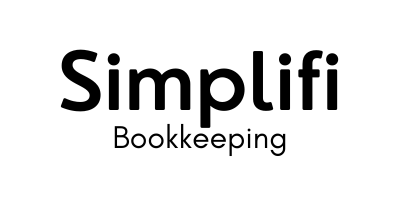1099 Filing for Small Businesses
Filing a 1099 form is a crucial task for businesses that hire independent contractors, and knowing how to do it correctly from the outset can save you a lot of time and trouble. Here’s how you can ensure you’re on the right track with your 1099 filing.
What is a 1099 Form?
The 1099 form is an IRS document used to report non-salary income to the federal government for tax purposes. If you paid an independent contractor more than $600 during the financial year, you must submit a Form 1099-NEC. It’s vital to report accurately to help the IRS verify income and assess federal income taxes properly.
Quick Guide to Filling Out a 1099
Who Needs One? Every contractor earning more than $600 from your business within a year should receive a 1099-NEC. However, do not file 1099s for corporations or employees—these require different procedures and forms.
Filing Deadlines: Remember, the deadline for sending out 1099-NEC forms is January 31st. If you want to avoid any penalties, please make sure you file on time.
How to File: You can start by collecting the necessary information from your contractors using Form W-9. This form will have all the details needed to complete the 1099-NEC, including the contractor’s tax identification number.
Avoid Common Mistakes
• Don’t miss the $600 threshold: Only payments totaling over $600 require 1099 filing.
• Understand the contractor type: If your contractor is incorporated, you do not need to send them a 1099.
• Keep accurate records: Ensure that you maintain detailed records of all payments to contractors to support your 1099 filings.
Penalties for Late Filing
Failing to file on time can lead to penalties ranging from $50 to $570 per form, depending on how late the forms are filed. It’s crucial to adhere to the January 31st deadline, not just for filing with the IRS but also for sending copies to your contractors.
Streamlining Your 1099 Process
Consider using digital tools and software to manage your 1099 filings more efficiently. Simplifi Bookkeeping can not only help fill out the forms but also provide custom advice and support to your business, reducing the likelihood of errors and delays.
Conclusion
Getting your 1099 filings right is not just about compliance; it’s about contributing to a smooth-running business. By understanding the requirements and preparing in advance, you can avoid the stress of last-minute filings and potential penalties. Always consult with a tax professional to ensure you are following the current laws and best practices for your 1099 filings.
For more detailed guidance, always refer to the latest resources from the IRS or consider consulting with professional bookkeeping services like Simplifi Bookkeeping, which can offer personalized advice and support tailored to your business needs.

